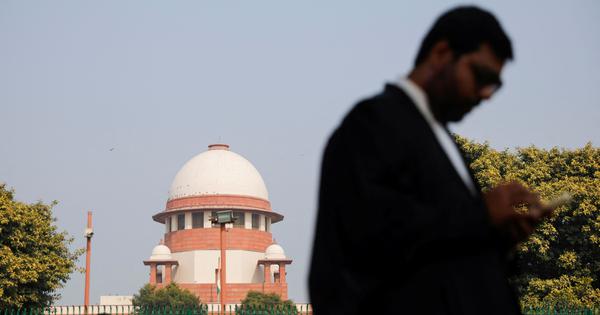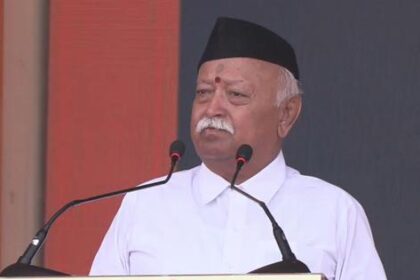Supreme Court emphasizes the need to prevent misuse of anti-conversion laws against innocent individuals.
The Supreme Court has addressed the misuse of the Uttar Pradesh anti-conversion law, quashing five first information reports (FIRs) that were filed against officials of a university in Fatehpur district. These FIRs were related to alleged mass conversions of Hindus to Christianity. A bench comprising Justices JB Pardiwala and Manoj Misra highlighted that criminal law should not serve as a mechanism for the harassment of innocent citizens.
In its ruling, the court set aside the criminal proceedings initiated under the 2021 Uttar Pradesh Prohibition of Unlawful Conversion of Religion Act against the vice chancellor and other officials of Sam Higginbottom University of Agriculture, Technology and Sciences in Prayagraj. The FIRs in question accused Vice Chancellor Rajendra Bihari Lal and others of facilitating or participating in forced conversions.
Justice Pardiwala noted that the FIRs contained “legal infirmities, procedural lapses, and lack of credible material,” indicating that continuing the prosecution would represent a “travesty of justice.” The bench emphasized that the criminal justice system should not allow prosecuting agencies to act arbitrarily based on implausible evidence, pointing out significant flaws in the registration process of one of the FIRs filed in 2022.
The court clarified that merely organizing religious events or engaging in charitable activities does not constitute a criminal offense under the anti-conversion law or the Indian Penal Code. Upon reviewing the details of each FIR, the court found that no individual who allegedly converted had approached the police with a complaint, raising further questions about the validity of the accusations.
Specifically addressing one of the FIRs, the court stated that the complainant, a member of the Vishwa Hindu Parishad, did not qualify as an “aggrieved person” as defined by Section 4 of the Act. Under the unamended law, an “aggrieved person” was restricted to being a relative of the converted individual. However, the law was subsequently amended in 2024 to permit any individual to lodge a complaint regarding conversions. Since the FIR in question was registered before this amendment, the complaint was rendered invalid.
The Vishwa Hindu Parishad is affiliated with Hindutva organizations led by the Rashtriya Swayamsevak Sangh, which is the parent organization of the ruling Bharatiya Janata Party. The court also observed that the police had attempted to compensate for the lack of evidence by prompting “persons with vested interests” to file belated complaints concerning the same alleged incident.
Moreover, the court found that neither the witnesses involved had undergone any unlawful religious conversion nor were they present during the purported mass conversion on April 14, 2022. The bench noted that multiple FIRs had been filed regarding the same incident, undermining the fairness of the investigative process and subjecting the accused to unnecessary harassment.
Nonetheless, the court decided to separate one of the six cases from this batch due to its distinct nature and affirmed that the interim protection from arrest granted to the accused in December would remain in effect until a decision is reached. Between December 2021 and January 2023, six FIRs were filed in Fatehpur district and other areas of Uttar Pradesh under the Indian Penal Code and the state’s anti-conversion law.
One notable FIR, filed on April 15, 2022, stemmed from a complaint by Himanshu Dixit, vice president of the Vishwa Hindu Parishad’s Fatehpur unit. It alleged that approximately 90 Hindus had been converted to Christianity during an event at the Evangelical Church of India the previous day, claiming that participants were enticed through offers of easy money and other inducements. The accused faced charges under various sections of the Indian Penal Code, including those related to intentional insult and extortion, in addition to the anti-conversion law.
It is important to note that the Bharatiya Nyaya Sanhita replaced the Indian Penal Code on July 1, 2024, further altering the legal landscape surrounding these issues.








